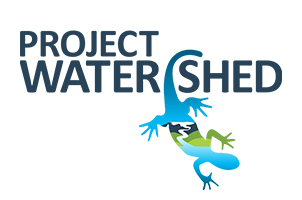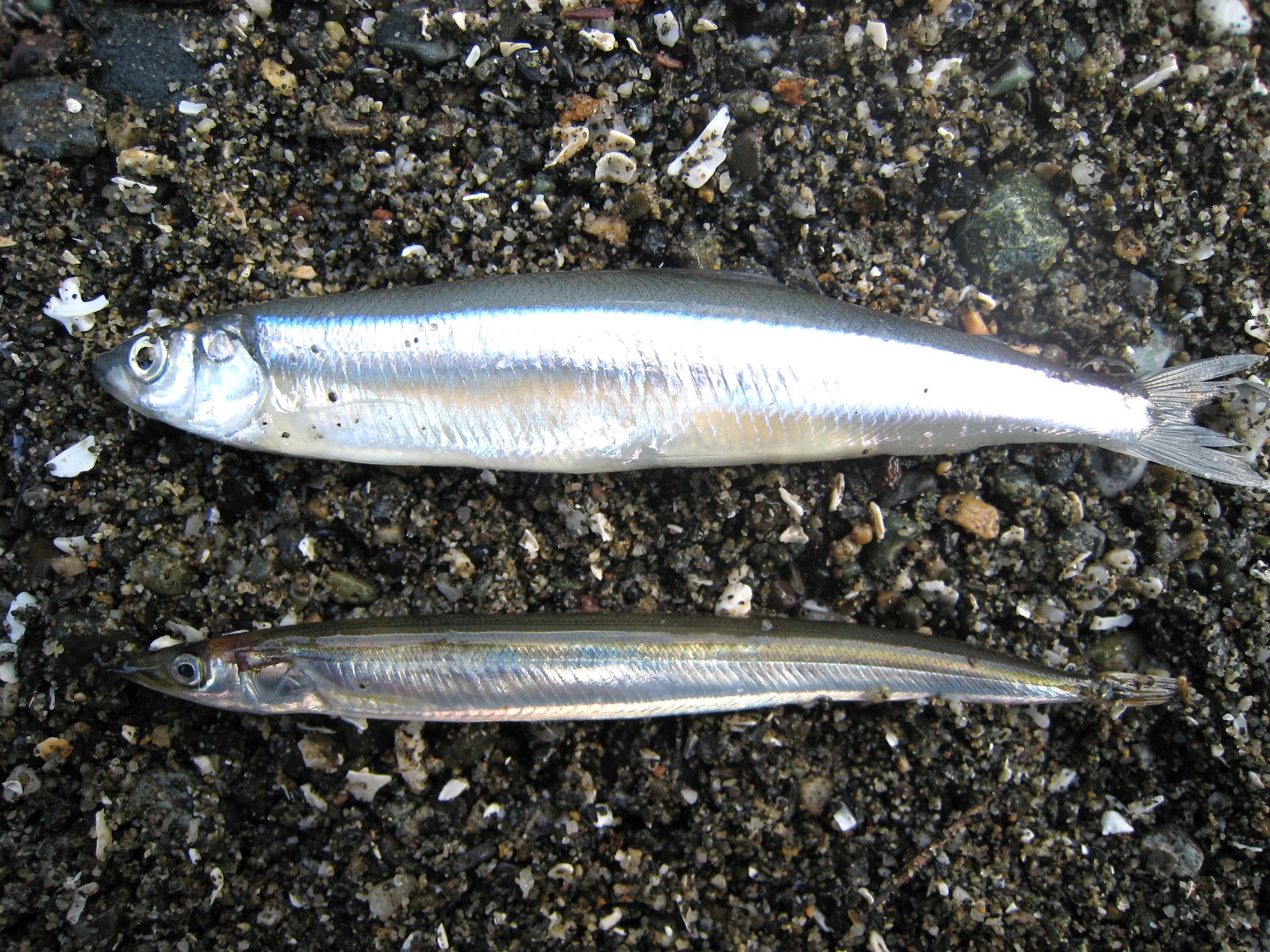Requesting Forage Fish Local Knowledge
Forage Fish Questionnaire
Results of Winter Beach Surveys
Stories are important methods of knowledge and information transfer. We hope you can help us by sharing your forage fish stories! We are primarily interested in any information related to the location and timing of spawning or aggregating events by any of the seven species listed above. Other things to look out for include aggregating events of forage fish predators like seabirds, seals, and salmon. Local knowledge is incredibly important for helping us guide our sampling planning, exploring restoration options, and monitoring changes in spawning habitat use over time.
How can you help?
- Fill in the Local Ecological Knowledge Questionnaire – online using google forms or using this pdf
- Send photos of beaches where you have seen forage fish in the past
- Share local knowledge over casual conversation and send the stories to Project Watershed (student.projectwatershed@gmail.com)
- Call Virginia East – Project Watershed’s Forage Fish Field and Research Assistant: 250-703-2871
Who can help us?
- Community members and elders from First Nations communities across Vancouver Island
- Local persons involved with the fishing industry (past or present)
- Local residents – are there beaches you like to walk where you notice particular activities at various times of the year (i.e. bird sightings)?
- Anyone interested in sharing knowledge on forage fish is welcome to contribute to our ongoing collection of local forage fish knowledge!
Related Posts
Fall and Winter Forage Fish Sampling
We’re gearing up for the fall/winter season of forage fish sampling!
Mallard Creek Riparian Planting
We will be planting native riparian species along a section of Mallard Creek that we recently cleared of invasive Reed canarygrass.
Fall Planting at Kus-kus-sum
We are looking for volunteers to assist us with planting native trees, shrubs, and marsh plants at Kus-kus-sum this fall!
A New Day for Forage Fish
Project Watershed and the Coastal Forage Fish Network (CFFN) are celebrating Surf Smet Day on October 25th! This adds another day on which to celebrate and raise awareness about beach spawning forage fish as Pacific sand lance are celebrated on a day in December.
Fall Work at Kus-kus-sum
We are looking for volunteers to assist us with weeding out invasive plants to make room for the native plants arriving later this fall!
Forage Fish Survey Techniques Workshop
The Coastal Forage Fish Network (CFFN) is hosting two one-day workshops to introduce development considerations and methods to survey for beach spawning forage fish for projects that may impact beach spawning forage fish.


